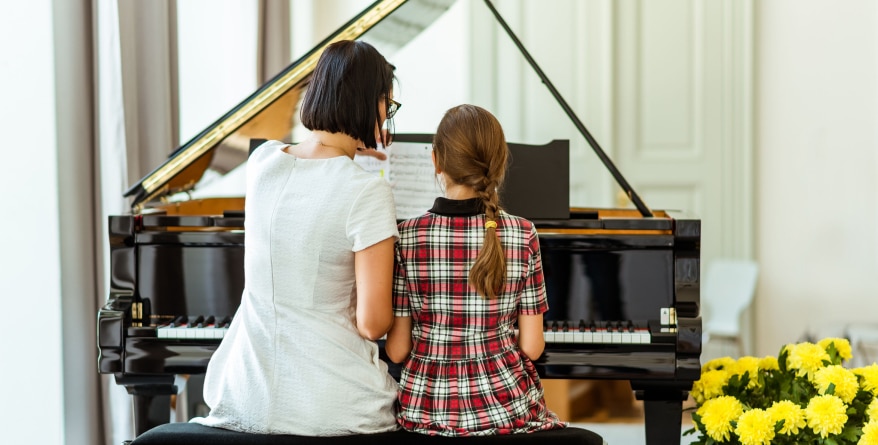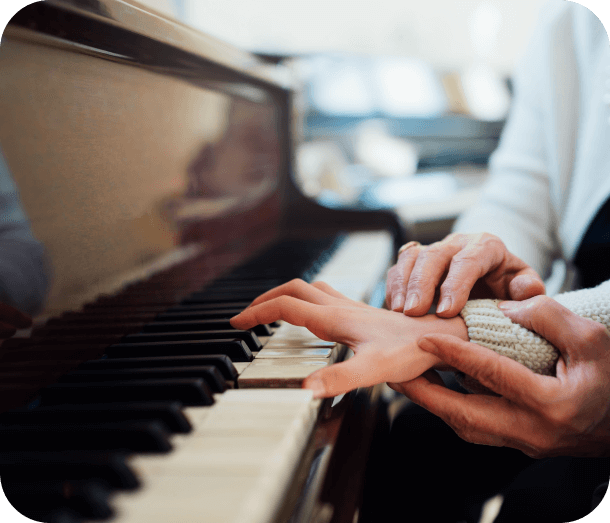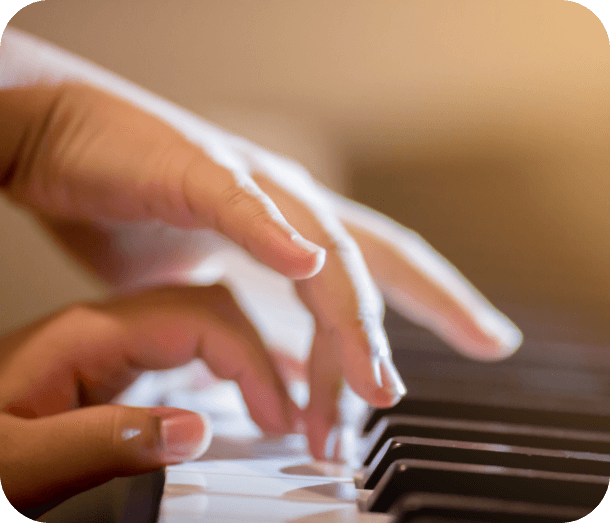Piano
The piano is a majestic and versatile musical instrument with a range of 88 keys. Its expressive power allows for a vast array of emotions to be conveyed through its melodic and harmonic capabilities. As Tom Lehrer wisely stated, “Life is like a piano. What you get out of it depends on how you play it.”


Benefit of Learning Piano
- It is conducive to improving personal accomplishment and cultural quality – Cultivate a rigorous and down-to-earth learning attitude.
- It can help develop learners’ intelligence and cultivate their coordination – Children, who started learning piano at an early age, have shown significantly better comprehension, acceptance, imagination and creative thinking abilities than average children after they start school.
- To learn piano, the learner needs to get in touch with and read a large number of excellent piano works. Long-term training and the influence of excellent works can not only make children rich in emotion and cheerful in personality, but also improve their music appreciation.
- It can exercise people’s endurance and increase people’s confidence: It requires perseverance, endurance, confidence and courage for training. Therefore, piano learning has a good effect on cultivating strong will, tenacious and enterprising qualities, and a practical, rigorous and scientific style.
Alicia Keys
“When I Had Nothing Else, I Had My Mother and The Piano. And You Know What? They Were All I Needed.”
People have different voices, as well as good or bad timbre. The voice can be clear, melodious, hoarse, and etc. Learning vocal music can enable students to learn to use the voice and throat scientifically and protect the vocal cords.

